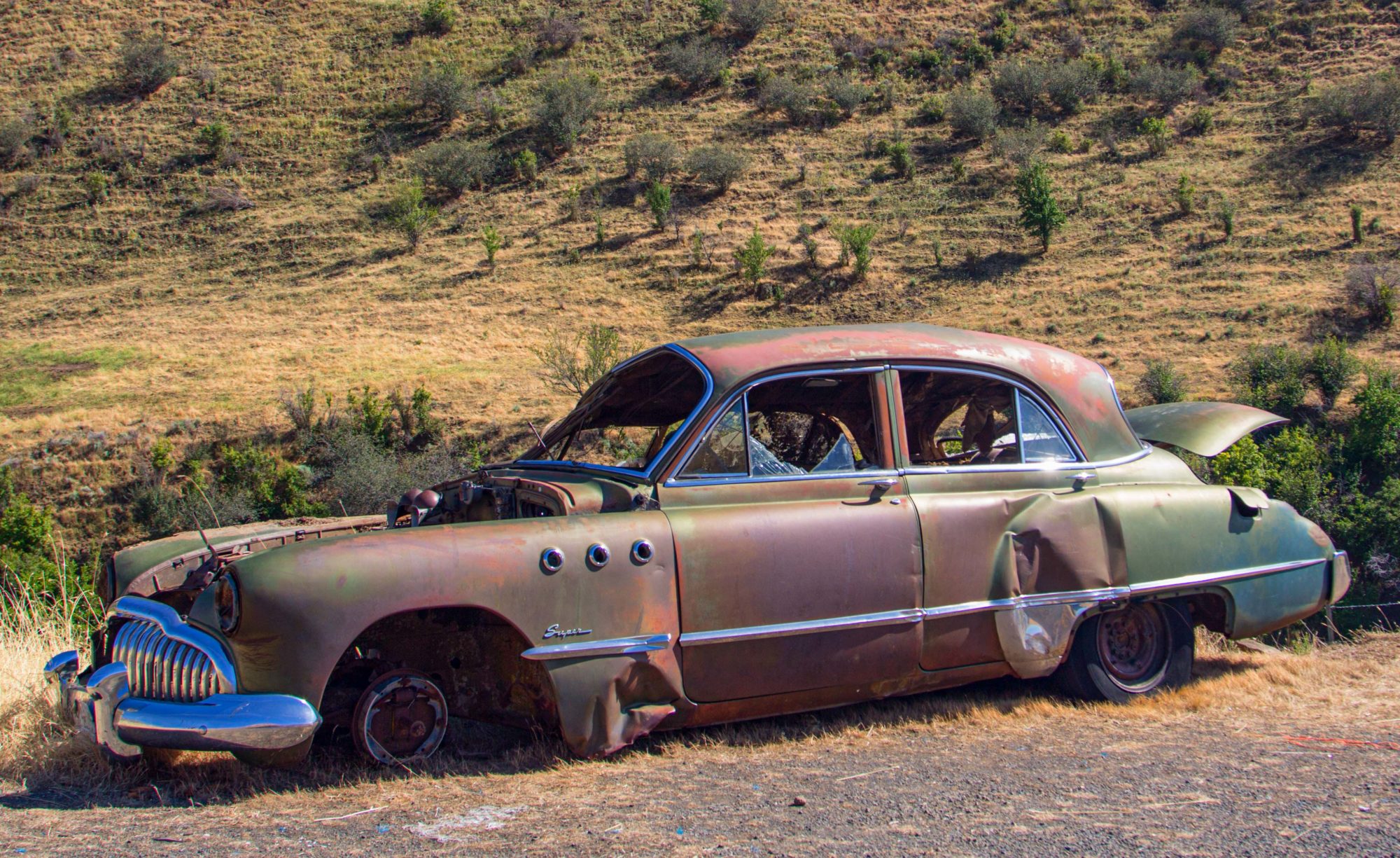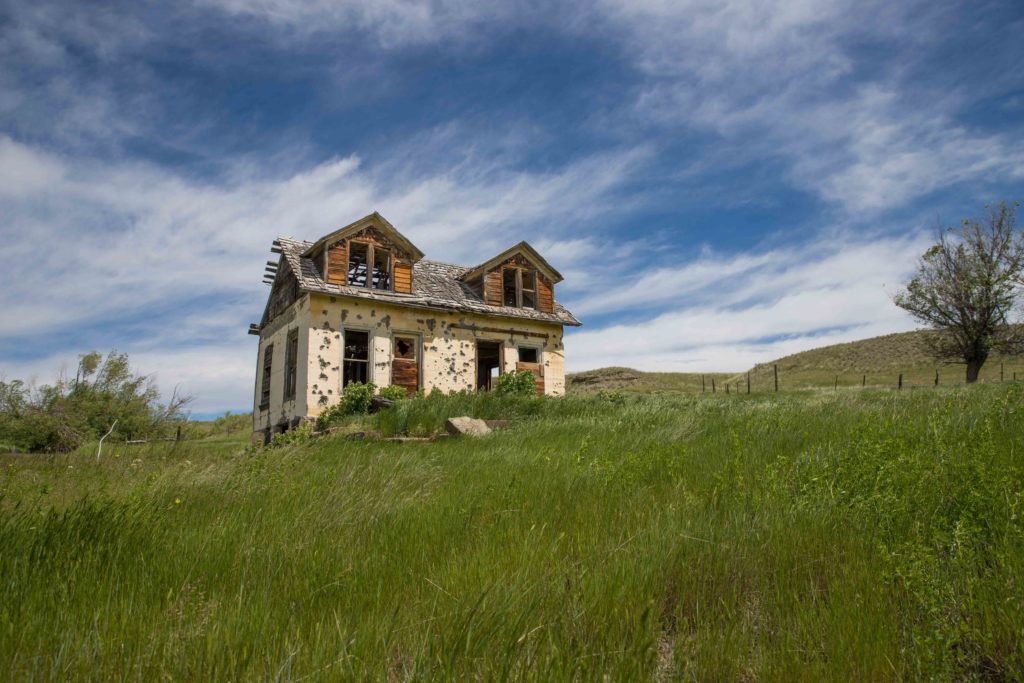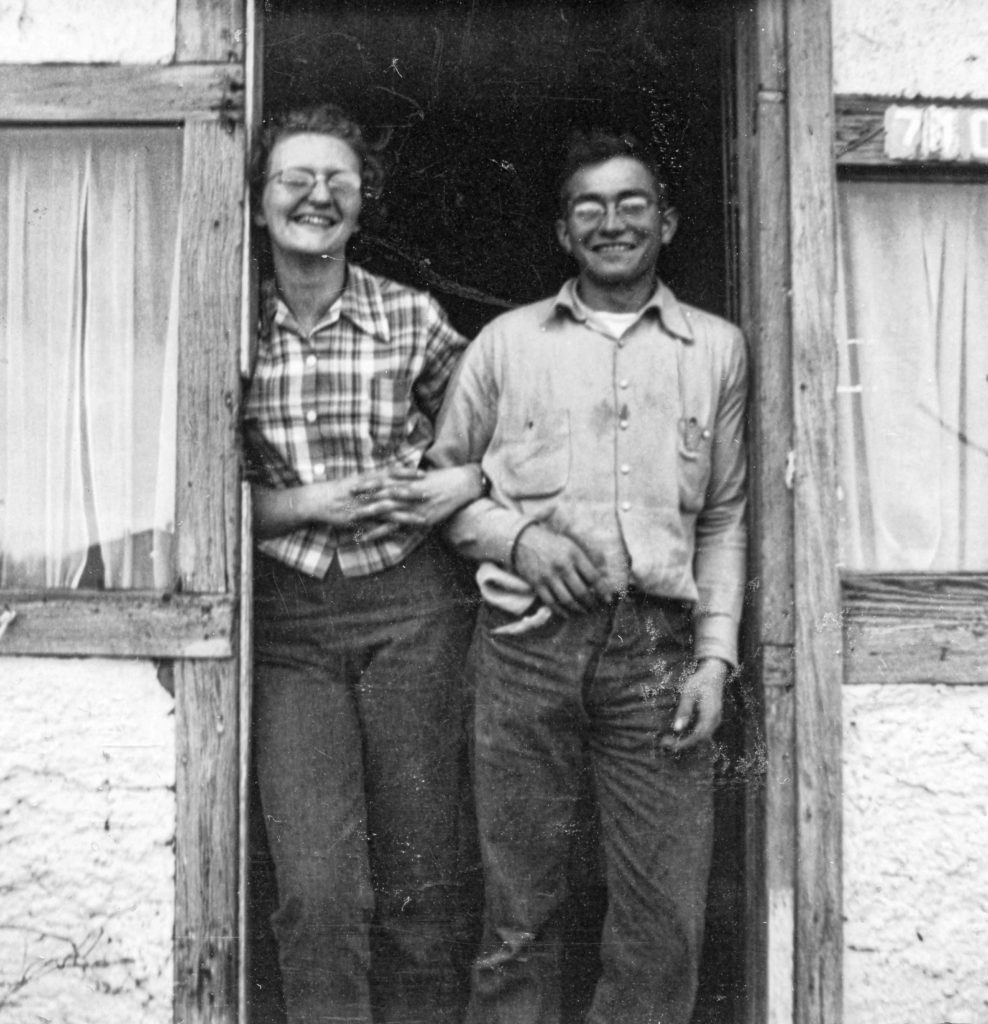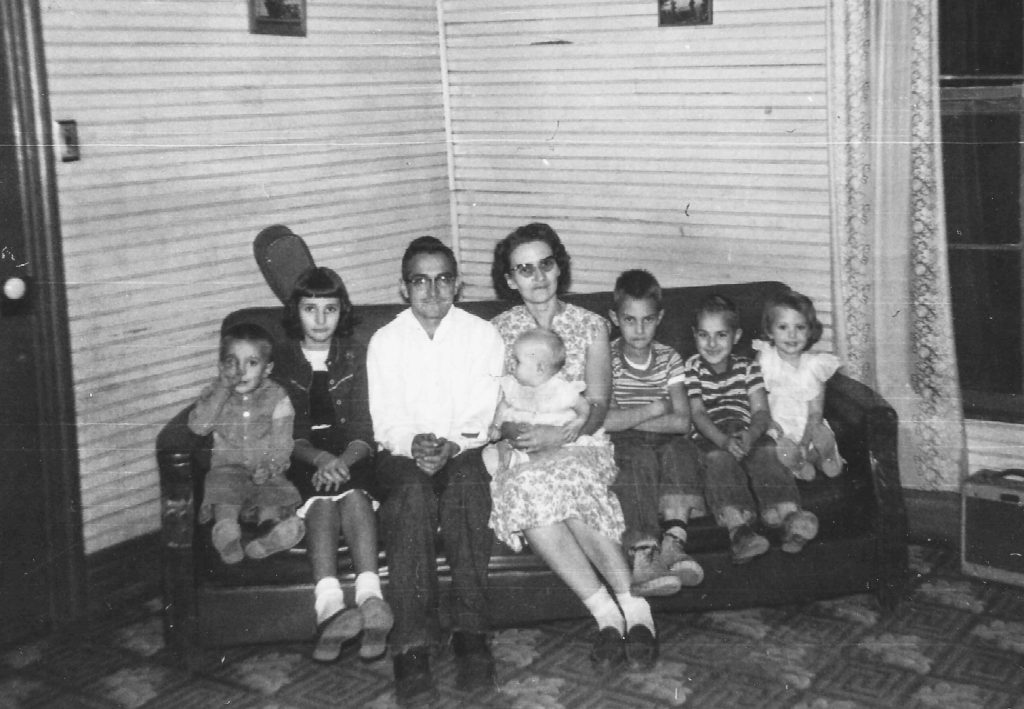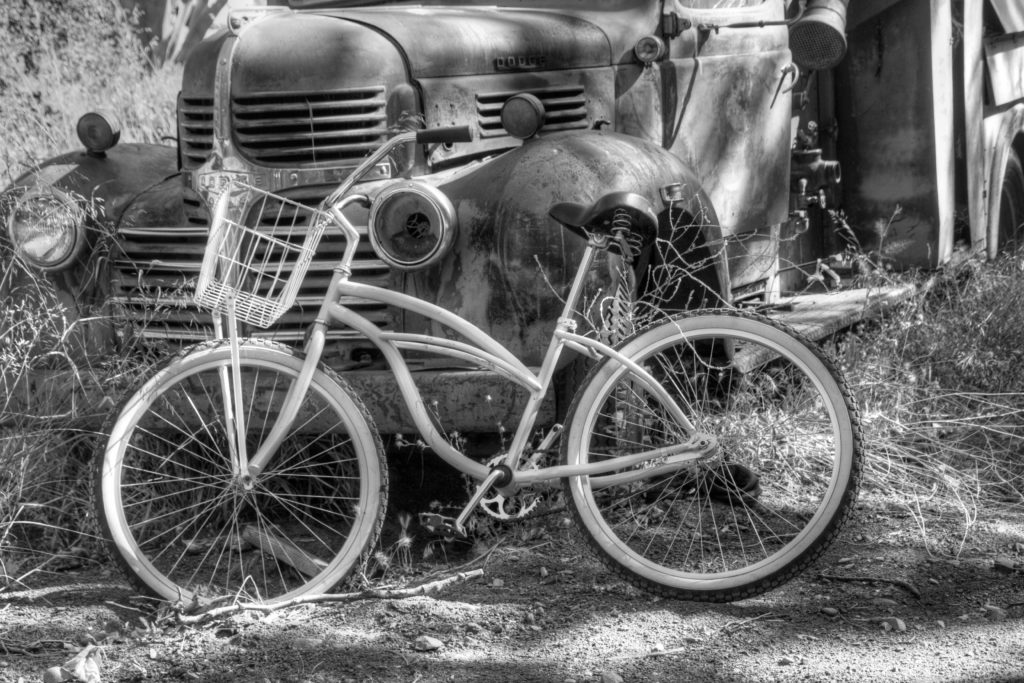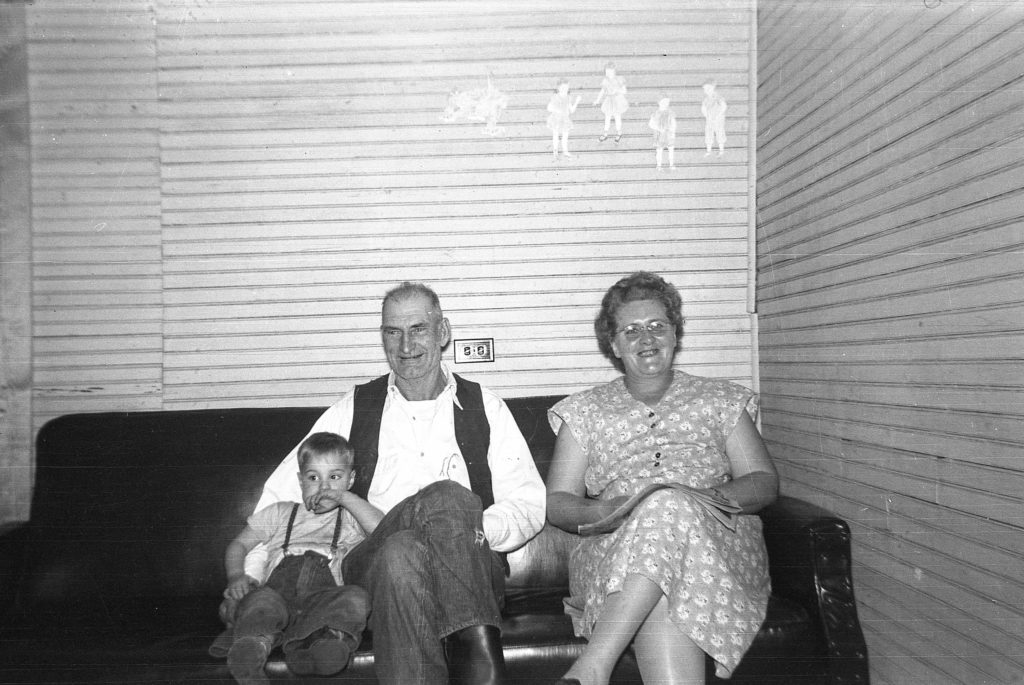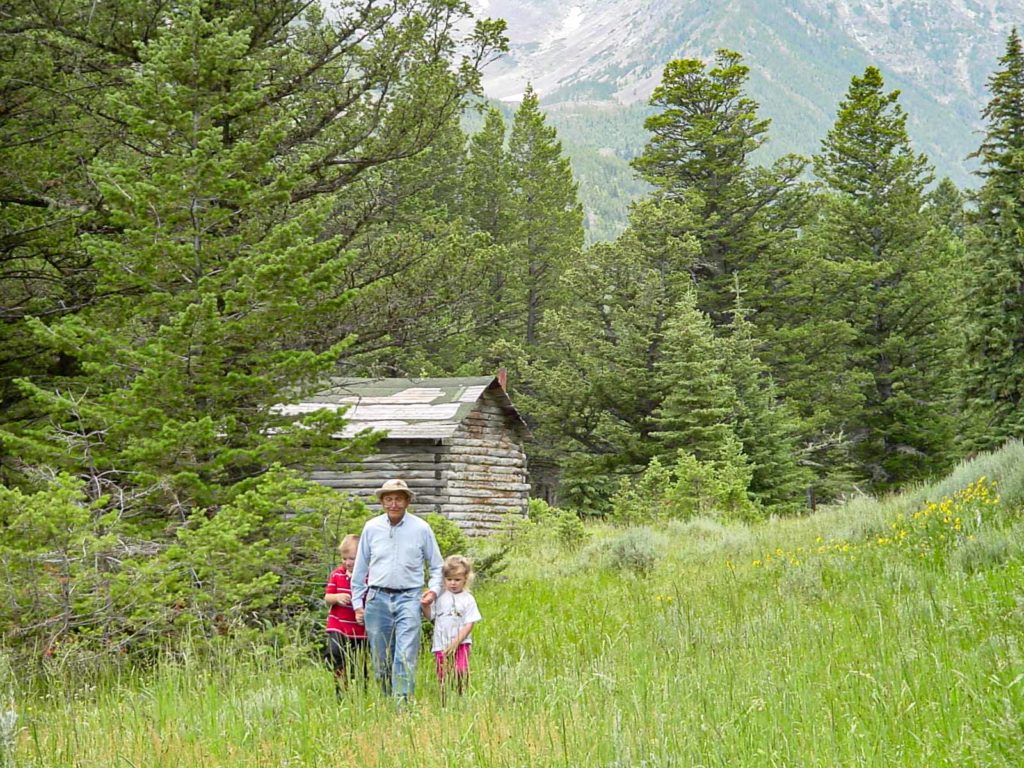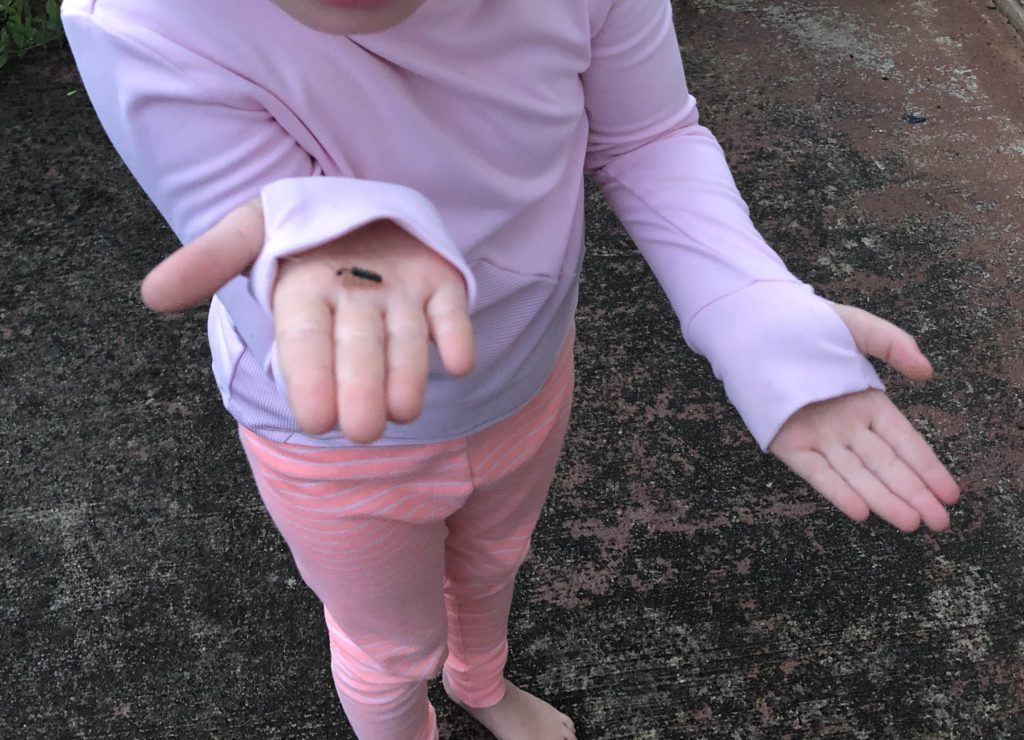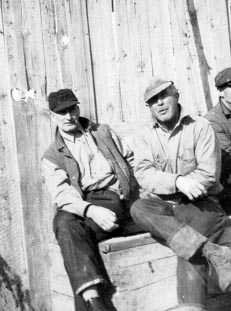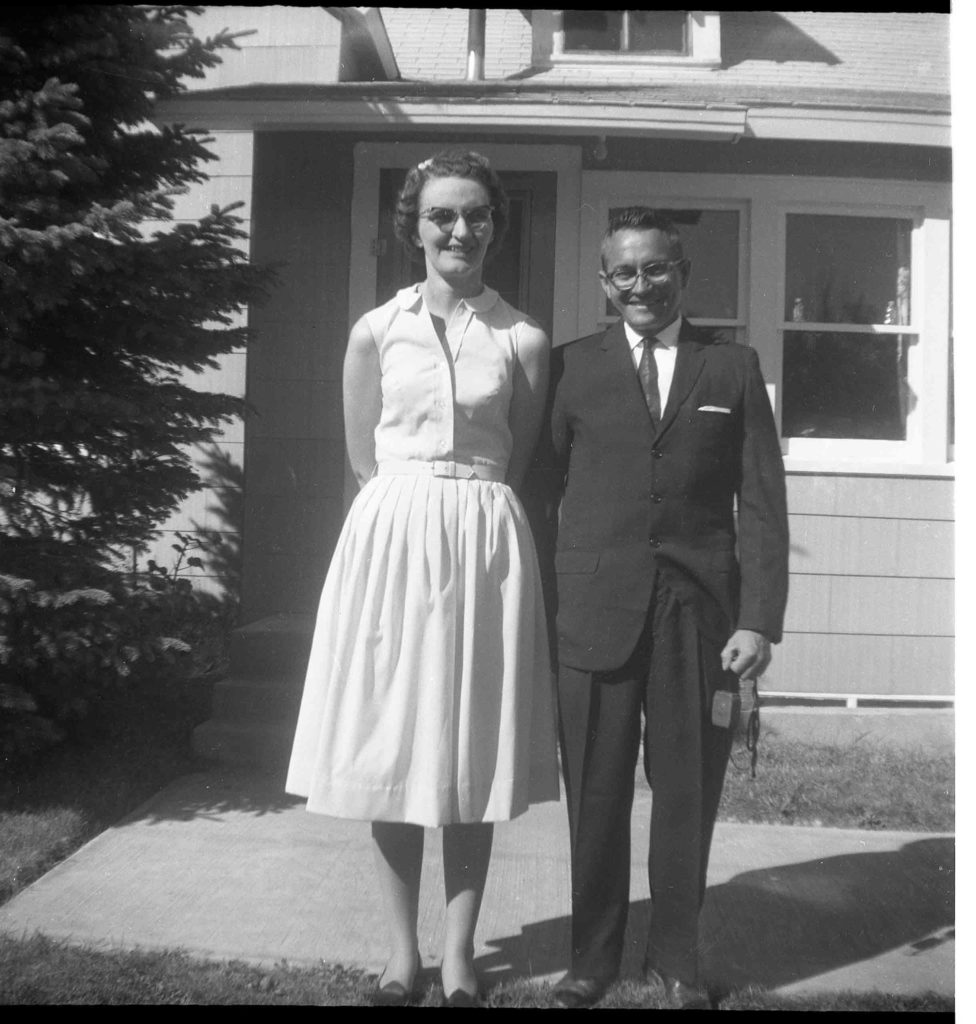While looking at old photos, I asked, “Daddy, who is this in the picture?”
“That’s my Father.”
“I can’t even see his face.”
“I recognize him by his hat.”
His hat was felt and sometimes had a band around it. Hats identify people. Pipes do too.
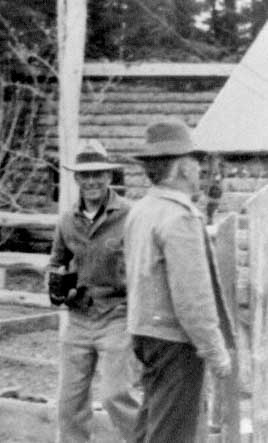
My English Grandfather & Uncle Ed 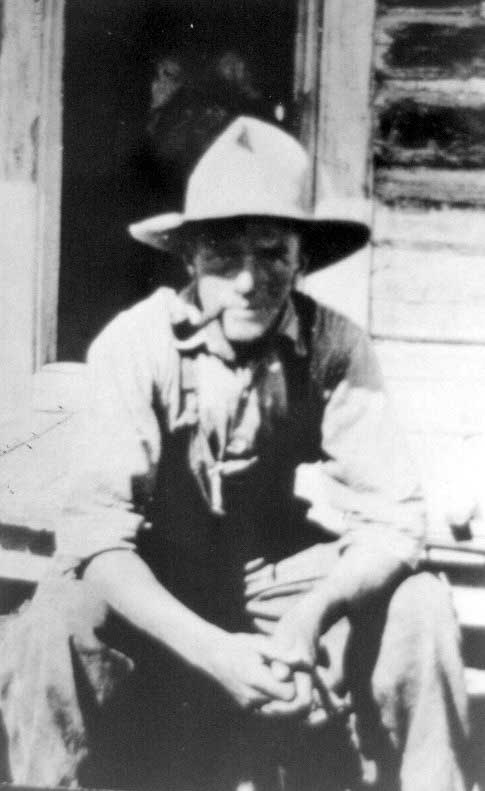
English Grandfather
My other Granddad had two cowboy hats – a felt hat and a straw hat. Cowboys often had an everyday hat and a dress hat. They wore the dress hat on Sundays or special occasions. On that day, their face was washed, a clean shirt put on with shiny pearl snaps, clean jeans, hair combed back to reveal the tan line on their face, and their Sunday-go-meeting hat sitting neatly on their head. You can still go down to the church on Sundays and meet some of those cowboys.
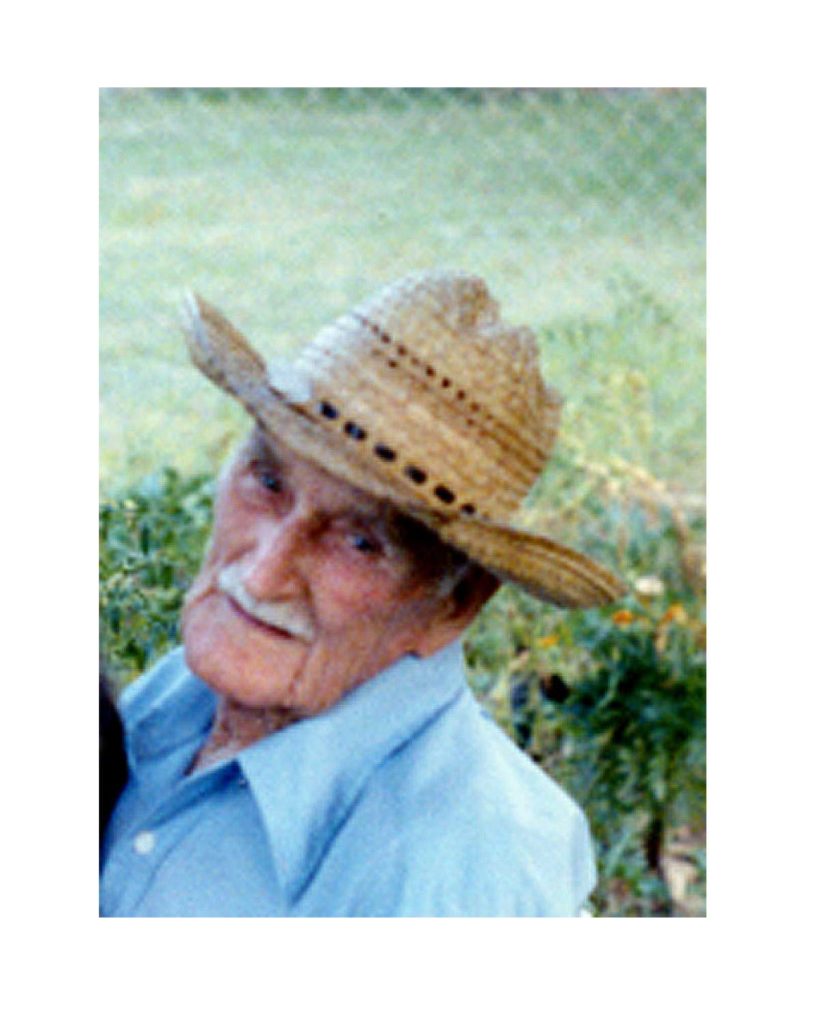
My Granddad ‘s straw hat kept him cooler in the summer 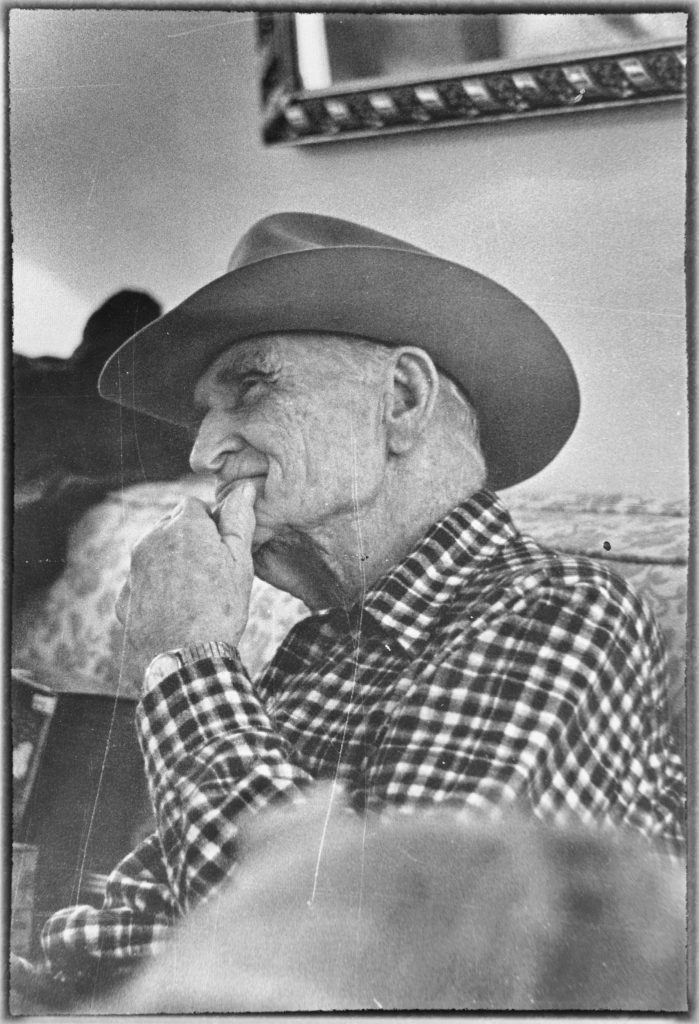
Uncle Ed’s hat didn’t have a wide brim and it sat right on top of his head. Uncle Sid’s hat usually sat cockeyed on his head. Cousin George wears a cowboy hat made of felt and it droops all the way around the brim and rains sawdust on his shirt.
Some hats were neatly creased. Some hats were punched out to make the hat higher. Some had brims turned downward and some with brims turned up and curled. Some had brims straight out. Each one identified the wearer.
My mother wore lots of hats, some not visible to the eye. She wore a chef’s hat, a teacher’s hat, a hard hat, a floppy garden hat, a scarf, a fireman’s hat, a doctor’s scrub hat, a seamstress hat, a referee hat, a cleaning cap, and an artist’s hat. There were some other hats put away in her closet that she wore occasionally. On Sundays, she sometimes wore a pill box hat with netting that hung over the sides. That was her preacher’s wife hat that was held in place with bobby pins.
